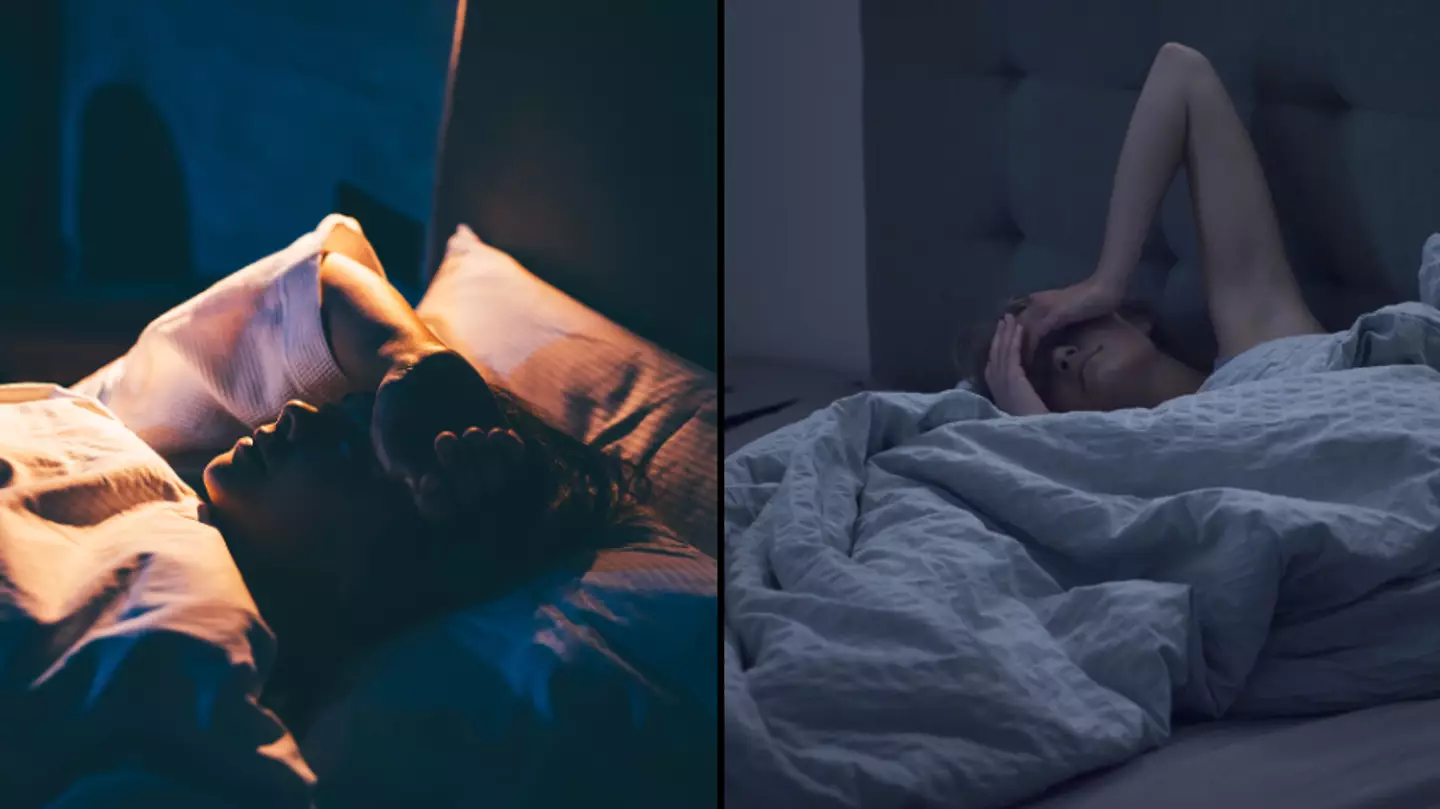
Sleep struggles are one of the worst things to happen to a person’s well-being and that’s because they set you up for a bad day, health risks and feeling like crap.
But there’s more to it than meets the eye, which is why a sleep expert came out to talk about the things that can impact your life simply from staying up too late at night.
Theresa Schnorbach, a psychologist, and sleep scientist for the mattress brand Emma, spoke to Stylist to explain the relationship between sleep and brain health.
Feeling fuzzy headed
According to Schnorbach, sleep is majorly important for brain function.
Advert
She explained: “When we are deprived of sleep, we get less of the restorative, early stages of sleep – the ‘light sleep’ stage that helps improve your memory, learning, reaction time and logistical reasoning.
“As a result, you may experience impaired cognitive function following a bad night’s sleep. This is why we often feel like our judgment and attention spans are diminished or that it’s harder to think after sleeping badly.”
You feel hungrier
She went on to reveal that people who are sleep-deprived have lower levels of a hormone called leptin, which inhibits hunger and higher levels of ghrelin, which stimulates your appetite.
So you might be more inclined to snack after insufficient shuteye.

Feeling overly emotional
Even losing an hour or two of sleep can negatively impact your circadian rhythm, which’ll set you up for a groggy day and restless night.
One of the big things it’ll do is stop you from being able to regulate emotions as you won’t be able to reach REM sleep.
She said: “During REM, concentrations of the chemical noradrenaline, associated with stress and anxiety, are shut off within the brain while the amygdala and hippocampus – the structures of the brain associated with emotion and memory – are reactivated, allowing you reprocess upsetting memories in a stress-free state and therefore helping to heal emotional wounds.
“If you are tossing and turning all night, these processes are interrupted, leading to a poorer regulation of emotion.”
Long-term impacts
When you’re not getting your deep sleep for consecutive days, Schnorbach explains that you’ll be in ‘sleep debt’ which isn’t something you can pay back.

The long-term effects of sleep loss can lead to things like mental health issues such as depression or even memory impairment which makes you at risk of Alzheimer’s disease.
If you’ve got insomnia, it can damage the sensitivity of receptors and communication between brain regions, which can change the way your brain functions.
To find support and help for this, she suggests exposing yourself to light, minimising caffeine and taking a nap.
Your GP can also refer you to specialists or investigate the cause of your sleep troubles.
